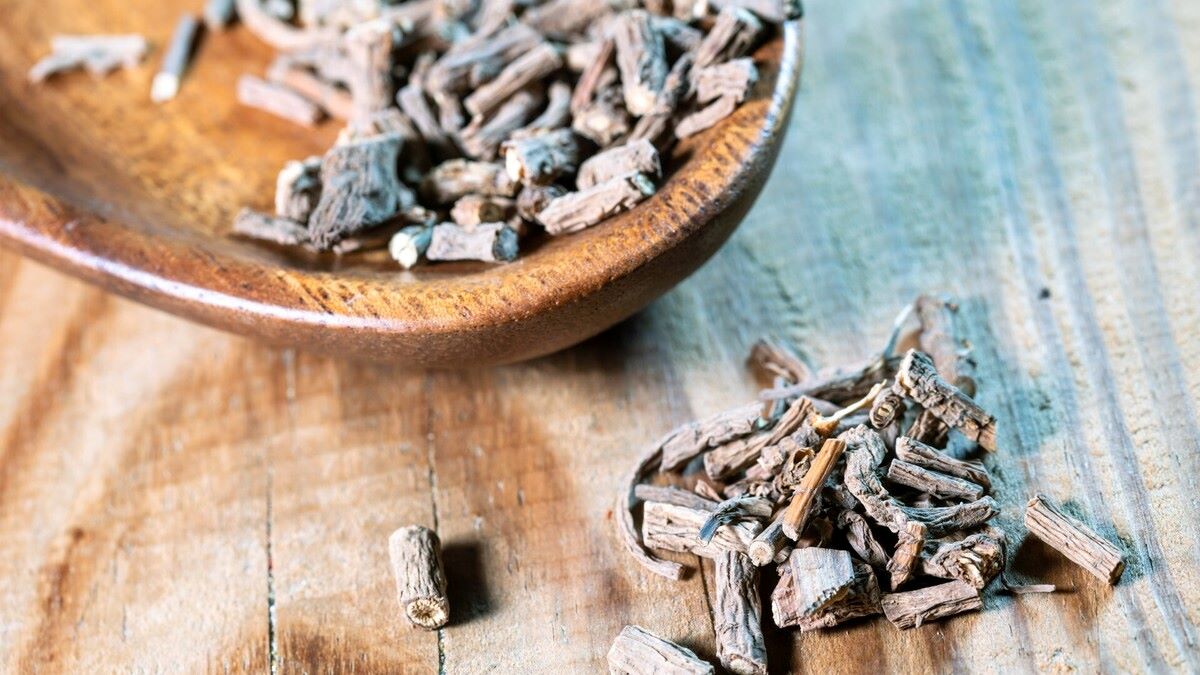
Chinese Herbology is a fascinating field with a rich history spanning thousands of years. This ancient practice involves using plants and minerals to promote health and treat various ailments. Did you know that Chinese herbology is one of the oldest forms of medicine still in use today? It combines knowledge of botany, chemistry, and traditional Chinese medicine principles. Herbalists often create personalized remedies tailored to individual needs, considering factors like body type, symptoms, and even the season. Intriguingly, many modern pharmaceuticals have roots in these ancient practices. Whether you're curious about natural remedies or just love learning about different cultures, Chinese herbology offers a treasure trove of knowledge. Ready to dive into some amazing facts? Let's get started!
Key Takeaways:
- Chinese herbology, an ancient practice, uses over 13,000 herbs to balance the body's yin and yang for good health. It's deeply rooted in Chinese culture and has modern applications in skincare and dietary supplements.
- Safety and regulation are crucial in Chinese herbology. Quality control, consultation with practitioners, and awareness of potential side effects ensure the effectiveness and safety of herbal treatments.
What is Chinese Herbology?
Chinese herbology is a traditional practice that uses natural herbs to promote health and treat illnesses. This ancient system has been around for thousands of years and is still widely used today. Let's dive into some fascinating facts about Chinese herbology.
-
Ancient Origins
Chinese herbology dates back over 2,000 years. The earliest known text, "Shennong Ben Cao Jing," was written around 200-300 AD. -
Over 13,000 Herbs
There are more than 13,000 herbs used in Chinese medicine. These include plants, minerals, and animal products. -
Yin and Yang Balance
Herbs are chosen to balance the body's yin and yang. This balance is believed to be essential for good health. -
Five Elements Theory
Chinese herbology is based on the Five Elements Theory: wood, fire, earth, metal, and water. Each element corresponds to different organs and functions in the body.
Common Herbs in Chinese Medicine
Several herbs are commonly used in Chinese medicine. These herbs have unique properties and benefits.
-
Ginseng
Ginseng is known for boosting energy and reducing stress. It is often used to improve overall vitality. -
Ginger
Ginger helps with digestion and reduces nausea. It is also used to treat colds and flu. -
Licorice Root
Licorice root is used to soothe sore throats and reduce inflammation. It also enhances the effects of other herbs. -
Astragalus
Astragalus boosts the immune system and increases energy levels. It is often used to prevent colds and infections.
Preparation Methods
The way herbs are prepared can affect their potency and effectiveness. Different methods are used depending on the desired outcome.
-
Decoction
Decoction involves boiling herbs to extract their active ingredients. This method is commonly used for roots and bark. -
Infusion
Infusion is similar to making tea. Herbs are steeped in hot water to release their beneficial compounds. -
Powder
Herbs are ground into a fine powder and mixed with water or honey. This method is often used for convenience. -
Pills and Tablets
Herbs are compressed into pills or tablets for easy consumption. This method is popular for its convenience and precise dosing.
Modern Applications
Chinese herbology has evolved over time and is now used in various modern applications.
-
Integrative Medicine
Many practitioners combine Chinese herbology with Western medicine. This integrative approach can provide comprehensive care. -
Cosmetics
Herbs like ginseng and green tea are used in skincare products. They are believed to improve skin health and appearance. -
Dietary Supplements
Herbal supplements are available in health stores. These supplements can support overall health and well-being.
Safety and Regulations
Safety is a crucial aspect of Chinese herbology. Proper use and regulation ensure the effectiveness and safety of herbal treatments.
-
Quality Control
High-quality herbs are essential for effective treatment. Many countries have regulations to ensure the quality and safety of herbal products. -
Consultation with Practitioners
Consulting a qualified practitioner is important. They can provide personalized advice and ensure the safe use of herbs. -
Potential Side Effects
Some herbs can cause side effects or interact with medications. It is important to use herbs under the guidance of a professional.
Cultural Significance
Chinese herbology is deeply rooted in Chinese culture and tradition. It reflects the holistic approach to health and wellness.
-
Traditional Festivals
Herbs play a role in traditional Chinese festivals. For example, mugwort is used during the Dragon Boat Festival to ward off evil spirits. -
Cultural Heritage
Chinese herbology is considered an intangible cultural heritage. It represents the wisdom and knowledge passed down through generations.
The Power of Chinese Herbology
Chinese herbology has stood the test of time. With over 2,000 years of history, it’s clear why it remains a cornerstone of traditional Chinese medicine. From ginseng boosting energy to gingko biloba enhancing memory, these herbs offer numerous benefits. They’re not just about treating ailments; they promote overall well-being.
Modern science has started to back up many of these ancient claims. Research shows herbs like turmeric and licorice root have anti-inflammatory properties. This blend of tradition and science makes Chinese herbology fascinating.
However, always consult a healthcare professional before starting any herbal regimen. Some herbs can interact with medications or have side effects.
Chinese herbology’s rich history and proven benefits make it a valuable resource for health and wellness. Embrace the wisdom of the past while staying informed with current research.
Frequently Asked Questions
Was this page helpful?
Our commitment to delivering trustworthy and engaging content is at the heart of what we do. Each fact on our site is contributed by real users like you, bringing a wealth of diverse insights and information. To ensure the highest standards of accuracy and reliability, our dedicated editors meticulously review each submission. This process guarantees that the facts we share are not only fascinating but also credible. Trust in our commitment to quality and authenticity as you explore and learn with us.
